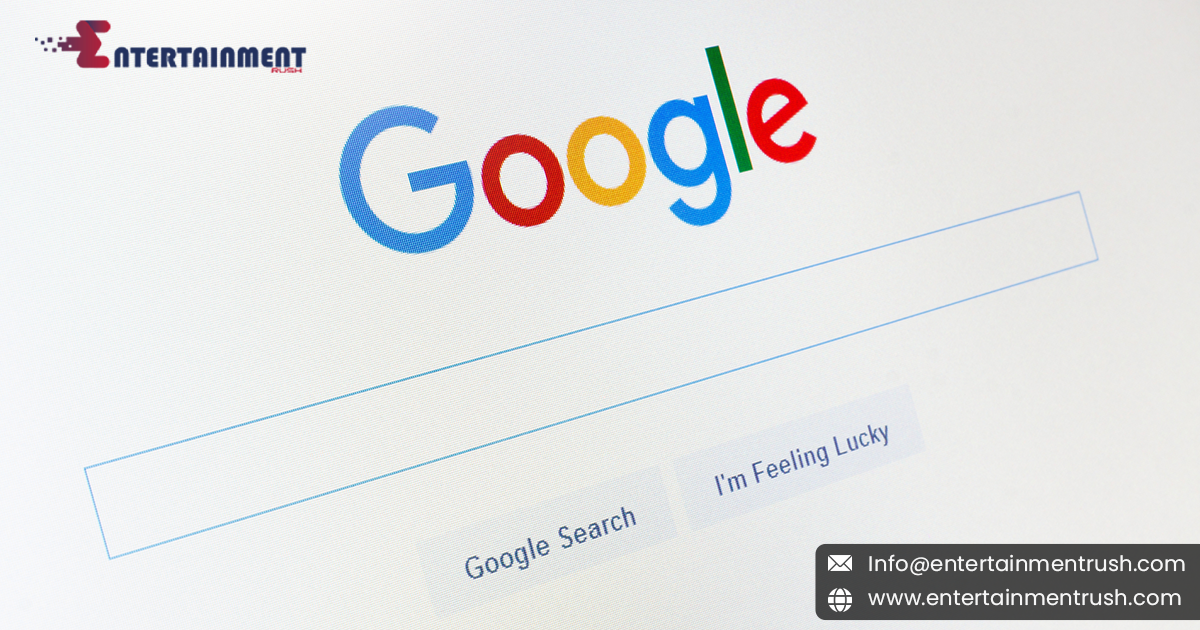The recent antitrust ruling against Google has sent shockwaves through the technology industry, marking a potentially transformative moment for tech competition. As the dust settles from this landmark decision, its implications for the tech sector are becoming increasingly clear. This blog explores how the ruling could reshape the competitive landscape, influence regulatory approaches, and impact various aspects of the tech industry.
Background of the Ruling
The antitrust case against Google centers on accusations that the company has engaged in anti-competitive practices, particularly in the realms of search engine dominance and digital advertising. The ruling found that Google had used its market power to unfairly disadvantage competitors and stifle innovation. This judgment comes amid growing scrutiny of big tech companies and their market behaviors, reflecting a broader trend towards increased regulatory oversight in the tech industry.
Potential Impacts on Tech Competition
Shifts in Market Dynamics:
The ruling could lead to significant changes in how tech companies compete. By potentially curbing Google’s ability to leverage its dominance in search and advertising, the decision opens the door for rival companies to gain a foothold. This could result in a more level playing field, fostering greater innovation and diversity in the market. Competitors might seize the opportunity to introduce new technologies or improve existing ones, driven by the need to differentiate themselves from a now less dominant Google.
Regulatory Precedents:
This case sets a critical precedent for future antitrust investigations and rulings. It signals a more aggressive stance by regulators against perceived anti-competitive practices, which could lead to increased scrutiny of other tech giants. Companies such as Amazon, Apple, and Facebook might find themselves under closer examination, facing similar challenges related to their market practices. The ruling could encourage regulatory bodies to adopt stricter measures and impose new guidelines for ensuring fair competition.
Impact on Search and Advertising Markets:
The ruling specifically targets Google’s practices in the search engine and digital advertising markets. Changes in how Google operates in these areas could disrupt existing market structures, leading to shifts in advertising strategies and search engine optimization practices. Advertisers might explore alternative platforms or adjust their approaches, while consumers could experience a broader range of search results and advertising options. This disruption could spur innovation in these critical sectors, potentially leading to new developments and improved user experiences.
Effects on Innovation and Consumer Choice:
With Google potentially restricted in its ability to consolidate market power, other companies may find new opportunities to innovate and offer alternative solutions. This could enhance consumer choice, as users are presented with a wider array of products and services. Increased competition might drive tech companies to push the envelope in terms of technology and user experience, leading to advancements that benefit consumers.
Challenges for Google and the Tech Industry:
The ruling imposes significant challenges for Google as it adapts to the new regulatory environment. The company will need to navigate changes in its business practices while maintaining its market position. This adjustment period could impact its financial performance and strategic direction. Additionally, the broader tech industry may face uncertainty as companies assess how the ruling affects their own competitive strategies and regulatory risks.
Looking Ahead
The Google antitrust ruling marks a pivotal moment for the tech industry, signaling a shift towards more rigorous regulation and greater scrutiny of market practices. As the industry adjusts to the implications of this decision, its effects on competition, innovation, and consumer choice will become clearer. Tech companies will need to navigate a changing landscape, adapting their strategies to align with new regulatory standards and competitive dynamics.
In the long term, the ruling could foster a more competitive and innovative tech sector, benefiting both businesses and consumers. By setting a precedent for how antitrust issues are addressed, it paves the way for a more balanced and dynamic technology market, where competition drives progress and enhances user experiences.
As the tech industry continues to evolve, keeping an eye on how these regulatory changes unfold will be crucial for understanding the future of competition and innovation in the digital age.




Leave feedback about this